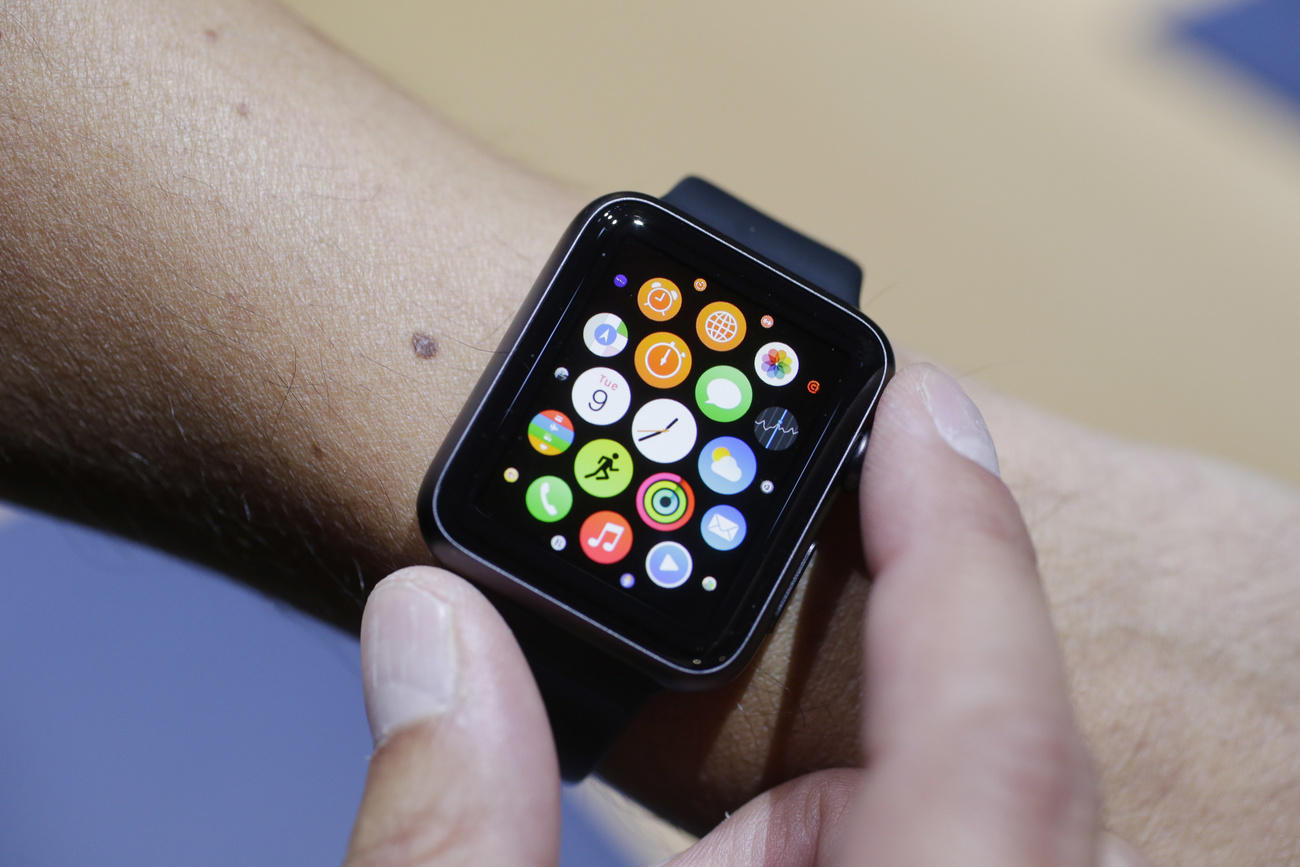
Swiss embrace smart TVs and vacuums
Nearly three out of four people in Switzerland own networked “smart products” other than smartphones.
A joint study by the universities of Lucerne and St Gallen has found that the majority of the Swiss population views smart products “very positively”.
The Smart Products Report 2020External link, published on Wednesday, predicts that 81% of people in Switzerland will own at least one smart product (besides a mobile phone) by the end of this year. While 72% of those surveyed already own one, 59% could imagine buying at least one within the next 12 months.
According to the study, the most popular smart products include smart TVs (owned by 30%), smart watches (28%), smart navigation systems (25%) and robot vacuum cleaners (20%).
“The majority of users perceive their interaction with smart products as a partnership. Those questioned also state that it is the human that controls the task rather than the product,” said the researchers, adding that “it is not uncommon for users to give their electronic helpers nicknames.”
Those surveyed cited convenience and time savings as advantages. They named cost and the collection of personal data as disadvantages. Some said they feared that too much of their life focused on smart products
“Particularly important for the Swiss when using smarter products is the aspect of trust. In this case, however, trust also means control: the option of being able to intervene at any time with the independently acting product is very important for the majority of those questioned,” said the survey team.
The report on smart products is based on an online survey of 1,004 people.

More
Smartwatches call time on the Swiss industry

In compliance with the JTI standards
More: SWI swissinfo.ch certified by the Journalism Trust Initiative




























You can find an overview of ongoing debates with our journalists here . Please join us!
If you want to start a conversation about a topic raised in this article or want to report factual errors, email us at english@swissinfo.ch.